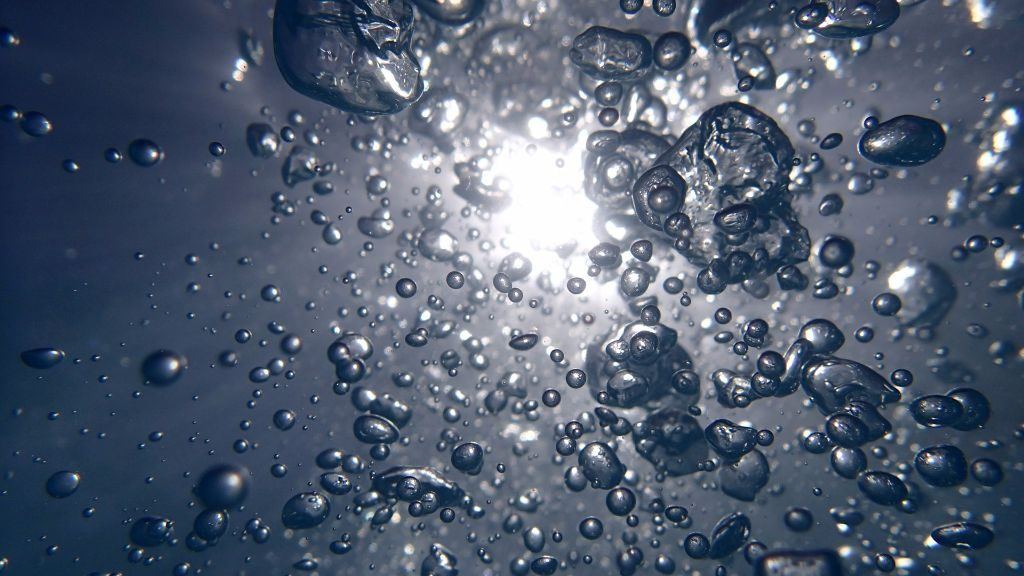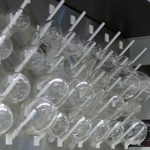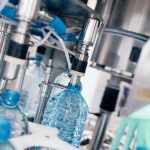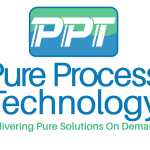
07 Sep 2017
When you’re preparing a lab budget, your focus includes cutting costs to ensure budget approval, while purchasing quality equipment and supplies. This raises an important question. How do you know what systems are worthwhile investments, or where substitutions, with less expensive solutions, can be made? When it comes to water purification, an investment in an efficient water purification system can save you from major headaches down the line.
The smallest water impurities can lead to disaster.
 Any minor impurities in water can lead to unknowns in experiments and the degradation of chemical mediums. These contaminants can lead to a variety of problems, from skewed data to ruined experiments. You don’t know what substances are in the water, so you don’t know what chemical reactions might occur. If you work with organic materials, microbes in the water can severely damage or alter them. You run the risk of accidentally killing your cells or other organic material due to microscopic impurities in your water source that an inadequate system won’t eradicate.
Any minor impurities in water can lead to unknowns in experiments and the degradation of chemical mediums. These contaminants can lead to a variety of problems, from skewed data to ruined experiments. You don’t know what substances are in the water, so you don’t know what chemical reactions might occur. If you work with organic materials, microbes in the water can severely damage or alter them. You run the risk of accidentally killing your cells or other organic material due to microscopic impurities in your water source that an inadequate system won’t eradicate.
Skewed data due to poor water quality.
If data from your work is skewed because of impure water, it can affect every subsequent experiment or finding. You may not notice this until it’s too late, nevertheless, your work is highly impacted if contaminated water is being introduced into your procedures. Can your lab risk a PR disaster or produce results that another lab might disprove? If you chose a substandard purification system that delivers inferior water, you could destroy not only your experiments but also your lab’s reputation.
Running multiple tests due to poor water quality wastes time, money, and resources.
By ruining experiments and media, you create unnecessary waste, resulting in the disposal of the exhausted media and organic materials, which leads to loss of time, money, and resources. Keeping waste minimization in your thoughts the process of system selection will save your department money before any experiments are underway. In this manner, you can decrease environmental liability, mitigate environmental stress caused by disposal and treatment of hazardous wastes, and create a safer working environment.
An investment in an HPW system now reduces the risk of failed experimentation.
An efficient water purification system is worth its weight in gold. This is something that your lab cannot function without, so why would you take the risk of using a sub-par system in the first place? If you are new to what factors to consider in your decision-making process read our blog: “What your boss wants you to know about laboratory water systems.
Contact us today to learn more about the most effective, reliable water purification systems available.

Does Your Project Water Distribu...
08 Jun 2019

Solvent Dispensing 101 – the Car...
15 May 2019

Hospital RODI Water System Proje...
18 Apr 2019

10 Apr 2019

27 Mar 2019